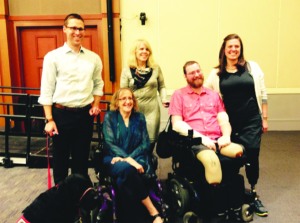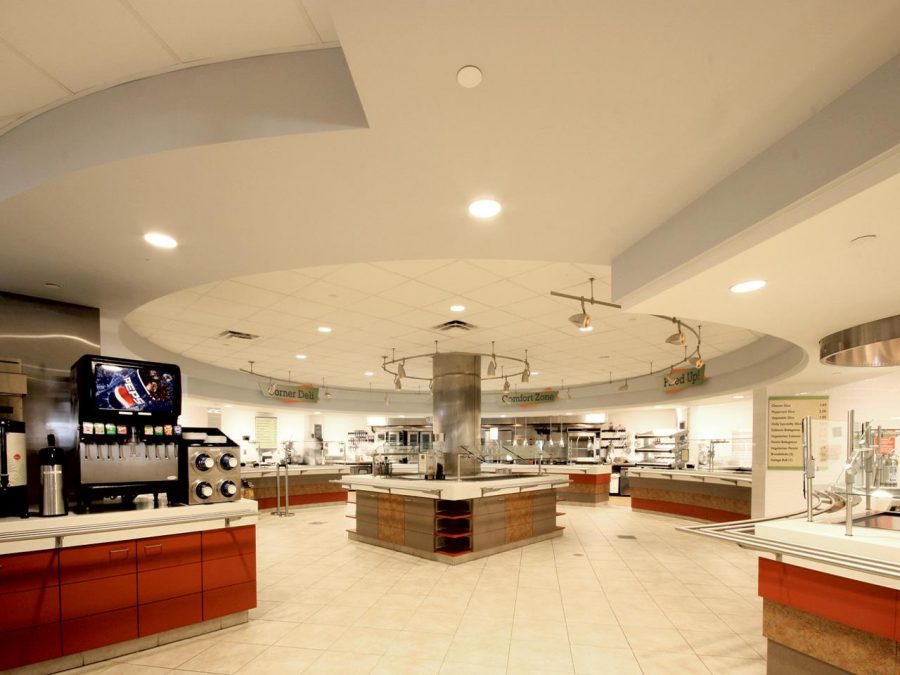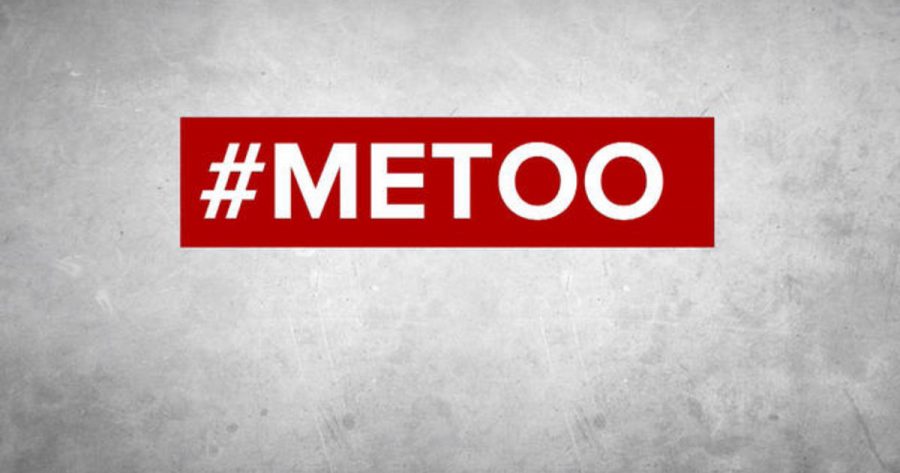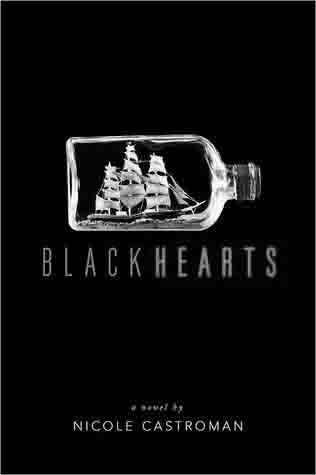By Nicole T. Cunha
Contributing Writer

It was 5:38 p.m. on Tuesday, Sept. 29 when President Drinan opened the first of the series of events hosted by the Friars Leadership Program.
“Navigating Boston: Accessibility for All” was a panel of four people “affected” by accessibility around Boston and beyond, prompted by Jane Hardin’s Boston course, which began this year.
Carol Steinberg is a writer on accessibility for the Boston Globe, President of the Board of Directors of the Disability Law Center, an attorney focusing on disability and employment, and a member of the Massachusetts Architectural Access Board. Jessica Kensky, an oncology nurse, and Patrick Downes, a Ph.D. student, are a couple who were rendered disabled by the Boston Marathon bombing in 2013.
Will Lautzenheiser, a former professor of film studies, became a comedian and disability advocate after having all four limbs amputated in 2011.
Professor of Social Work Jane Hardin “[shined] a light on this issue [of accessibility in Boston], a light that is long overdue—and so appropriate on the 25 anniversary of the Americans with Disabilities Act,” according to Carol Steinberg. Hardin believes that “too often, the able bodied among us are insensitive to the needs of those people who may need a little more help in getting out and about.
“This is not because we are ignorant, but often it is because we do not think about these things until we are directly exposed to it,” Steinberg said.
While this panel primarily focused on the obstacles of being physically disabled, it brought up the grey areas of navigating disabled and able-bodied spaces, as well as one’s shifting in perspective.
Each panelist shared their ‘adventures in accessibility’—a term first used by Steinberg—in Boston and beyond.
Sentiments and frustrations were echoed, from establishments not telling the truth about their accessibility compliances, lack of signage, broken equipment, reluctance to modify historical buildings, and block curb cuts. For those who do not know, curb cuts are the portion of the sidewalk that look like a ramp and move down into the street.
Lautzenheiser emphasized that accommodations “don’t only help someone who’s disabled…everyone benefits. [A]bility is a spectrum, [and you] don’t know when you become disabled.” There seemed to be a common acceptance of this, as to say we are all TABs—“Temporarily Able-Bodied.”
You never know when you could become disabled, so why ignore improvements that could later benefit you?
Throughout this hour and a half event point after point was made, sometimes using humor, and other times not.
Jessica Kensky said it best: the humor is “all just coping…and it’s covering a problem that we can solve.” The communities want to be supportive, but then there are the obstacles of not being able to attend a friend’s film screening, or going through the front of a restaurant—things that cause many to pick and choose their battles.
The disability community receives mixed messages as to how society aims to treat them: some positive, others negative. Patrick Downes summed up the changes that need to be made, bluntly stating. “It’s about perception and valuing people…Most don’t know how to start the conversation” when asking people about their differences.
Now, the question is: what can we do as potential allies to support the move toward an accessible society and treat people as people?











